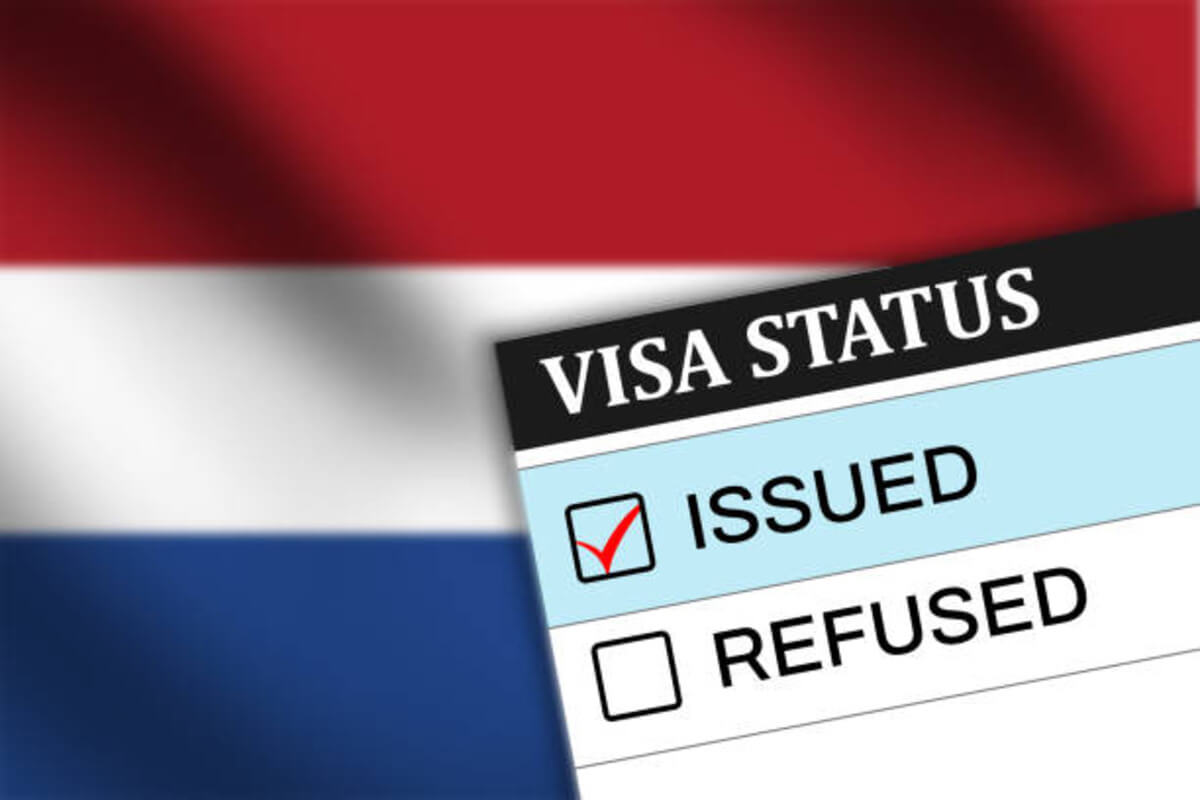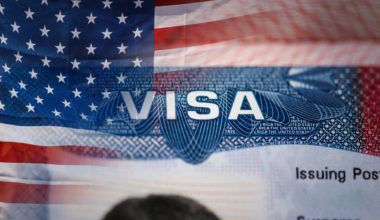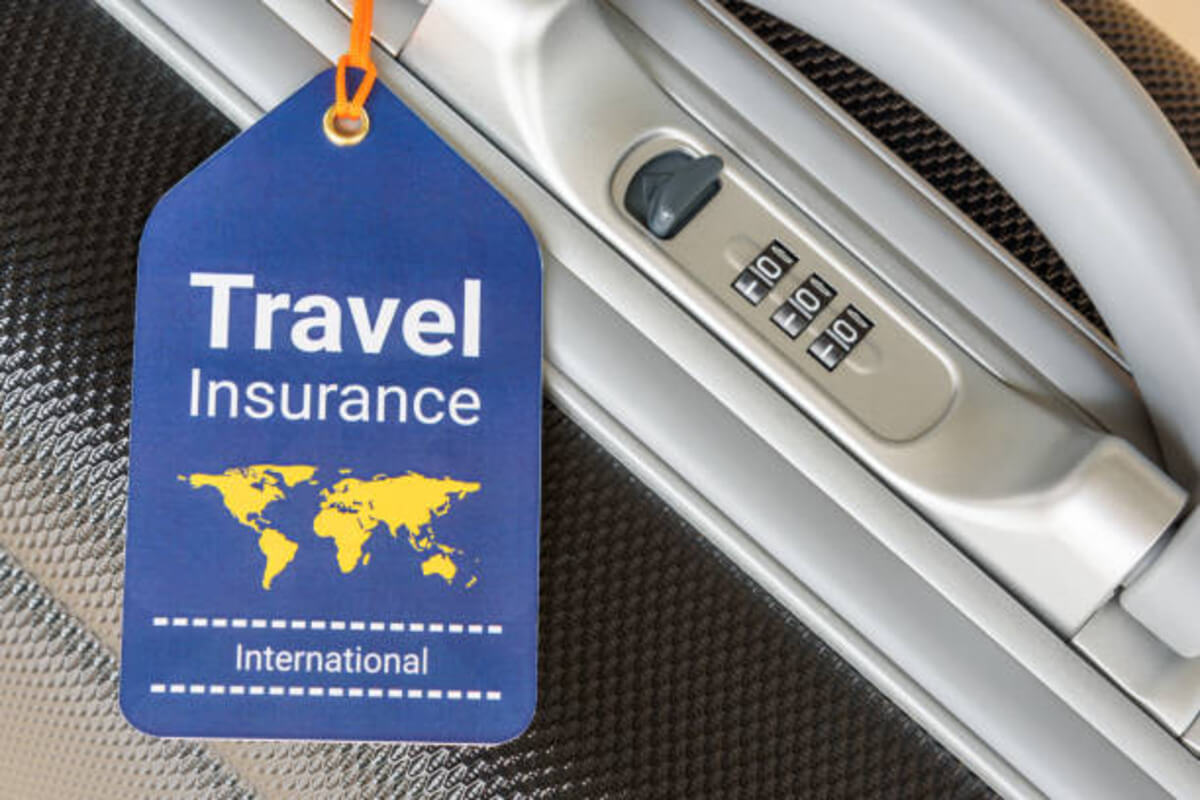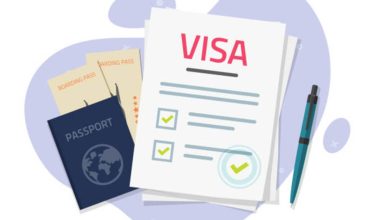In recent years, Australians have been choosing the country for its quality of life, career opportunities, and multicultural environment. A lot of people talk about the Australia Visa Lottery Program as a gateway to living and working in the country. What exactly does this program entail? What are the requirements, and who can apply? Detailed information on the Australia Visa Lottery Program is provided in this guide, which covers the intricacies, eligibility requirements, and application process.
Is there a lottery for Australian visas?
People who are interested in moving to Australia through a simplified or random selection process often use the term “Australia Visa Lottery” in discussions about immigration opportunities. Nevertheless, Australia does not officially operate a visa lottery program like the Diversity Visa Lottery offered by the United States. Most Australian visa lottery ideas are misconceptions or marketing terms used by third-party immigration agencies to attract foreigners.
In Australia, however, a structured immigration system offers a variety of types of visas based on specific criteria such as skills, family ties, and investment potential. Designed to meet economic and social needs, these visas are part of Australia’s comprehensive immigration framework.
What makes the Australia Visa Lottery Program so popular?
In spite of the absence of an official Australia Visa Lottery, the concept remains popular. There are many people who dream of starting fresh lives in Australia, so it serves as a symbol of hope and aspiration. In theory, winning a visa in a lottery would be an easy, low-barrier path to permanent residency. Migration to Australia, however, usually involves a more complicated and merit-based process.
In addition to the country’s reputation as a land of opportunity, the Australia Visa Lottery draws people from around the world. The Australian economy is robust, with a high standard of living, excellent healthcare system, world-class education, and a high standard of living. The factors listed above make it an appealing destination for skilled workers, students, businesspeople, and families.
Applicants for Australia Visa Lottery should meet the following criteria
Despite not having a direct visa lottery, Australia offers numerous visa options for skilled migration, family reunion, and other purposes. There are different eligibility criteria associated with each of these visas.
Requirements
There are several basic criteria for getting an Australian visa, including holding a valid passport, having an exemplary character, and passing a health examination. As well as meeting the general requirements, visa types have specific requirements.
Restrictions on age
The age requirement for skilled migration visas is typically under 45 when the invitation is extended. There may, however, be different age requirements for other visa categories, like family or partner visas.
Qualifications
Australian Skilled Occupation List (SOL) occupations are the most common occupations for skilled migration visas. The purpose of this is to ensure that migrants can contribute to the Australian economy by filling labor market gaps.
Work experience
The importance of work experience in visa applications often outweighs that of educational qualifications. Experience in the desired occupation, usually within the past ten years, must be demonstrated by applicants.
Language proficiency
A skilled visa applicant must also demonstrate proficiency in the English language. In order to qualify, applicants may need to take an English language test, such as IELTS, PTE, or TOEFL and achieve a certain score.
Health and character requirements
For the safety and health of the Australian community, immigrants have to meet stringent health and character requirements. The applicant will usually have to undergo medical examinations and obtain police clearance certificates from his or her home country.
Applicants for Australia’s Visa Lottery Program are eligible for the following types of visas:
There are several visa types available under Australia’s immigration programs, each catering to a different need or circumstance. In order to navigate the application process effectively, applicants must understand the different types of visas.
Skilled migration visas
People with skills and qualifications in demand in Australia qualify for these visas. Among these visas, the most popular are Skilled Independent Visas (subclass 189), Skilled Nominated Visas (subclass 190), and Skilled Work Regional (Provisional) Visas (subclass 491). Applicants are scored based on factors such as age, education, employment experience, and language proficiency when applying for these visas.
Family and Partner Visas
Bringing a family member to Australia is possible through a variety of visas available to Australian citizens and permanent residents. There are three types of family visas: Partner Visas, Parent Visas, and Child Visas. A family reunification visa is crucial for family reunification, although certain criteria are usually required of the sponsoring relative.
Student visas
Students from around the world flock to Australia to study full-time at an Australian educational institution with the Student Visa (subclass 500). During the study period, this visa also permits limited work rights, and after graduation, it may be possible to obtain permanent residency.
Business and investment visas
Businesses and investors in Australia can apply for Business Innovation and Investment Visas (Provisional) (subclass 188) and Business Talent Visas (Permanent). The requirements for these visas include demonstrating a history of successful business or investment activity and meeting specific financial criteria.
Australia Visa Lottery: How to Apply
In order to avoid delays or rejections, it is necessary to understand the steps involved in applying for an Australian visa. Australia’s various visas are not awarded in a lottery, but there is a systematic application process that requires careful attention to detail.
Application Guide: Step-by-Step
- Select the Right Visa: Determine which visa category matches your qualifications and intentions. A skilled visa, family visa, or student visa application requires you to understand the specific requirements of each.
- Make Sure You Meet the Eligibility Criteria: Before applying, make sure you meet the eligibility requirements, including age, education, work experience, and language proficiency. Applicants for points-tested visas should assess their points score with online tools such as the SkillSelect system in Australia.
- Preparation of Documents: Gather all necessary documents, including passports, educational certificates, references, language test results, and proof of health and character. If necessary, translate all documents into English.
- Express Your Interest (EOI): If you want to apply for a points-tested visa, you must submit an EOI through SkillSelect. Rather than applying for a visa, this is an expression of interest. A points threshold and other requirements must be met before an invitation to apply is sent.
- The Department of Home Affairs website can be used to lodge your visa application once you have been invited. Upload all the required documents and pay the application fee.
- During the application process, you may be required to attend an interview or undergo a medical examination. Avoid delays by completing these steps promptly.
- Once your application has been submitted, the Department of Home Affairs will process it. A visa’s processing time varies depending on its type and complexity.
Online application process
Visa applications in Australia are processed online. Online applications need to be submitted to ImmiAccount, the Department of Home Affairs’ system. Applications can be submitted, documents uploaded, and visa application progress tracked here.
Necessary documentation
Obtaining a visa requires accurate and complete documentation. A passport, diplomas, certificates, and employment references are usually required, as well as evidence of skills and qualifications. It is also common to require character and health clearances.
Charges and fees
The application fee for each type of visa varies. Student Visas (subclass 500) and Skilled Independent Visas (subclass 189) have different fee structures. In addition to a person’s application fee, fees can also be affected by family members who are included in the application. Before applying, it’s important to check the Department of Home Affairs website for current fees.
Here are some tips for applying for the Australia Visa Lottery with success
Obtaining an Australian visa cannot be rushed, but certain strategies can improve your chances.
Common Mistakes to Avoid
- Complete your application and upload all required documents to avoid incomplete applications.
- Ensure that all information is accurate by double-checking it. It is possible to be refused a visa if you provide false or misleading information.
- Do not miss application deadlines and make sure to complete all steps on time, such as medical exams and interviews.
How to Increase Your Chances
- Increase Your Points Score: If you are applying for a points-tested visa, consider ways to improve your score, such as gaining more work experience or acquiring higher qualifications.
- If your case is complex, consult an experienced migration agent who can help you navigate the process and avoid common errors.
- Always stay informed about changes in immigration laws and visa requirements. You can find updates on the Department of Home Affairs’ website.
What You Need to Know About the Australia Visa Lottery
The Australia Visa Lottery is surrounded by a lot of misconceptions, and it’s vital to distinguish between myths and facts.
Misconceptions Debunked
- The myth is that Australia offers a visa lottery similar to the United States’ Diversity Visa Lottery. Visa lottery programs are not available in Australia. It is a merit-based system that grants visas based on specific criteria.
- There are no requirements for applying for an Australian visa. This is a myth. The program requires applicants to meet strict eligibility criteria, including age, academic skill, and language proficiency.
When I Win the Visa Lottery, What Happens Next?
Before you can begin living in Australia on a long-term basis once you have an Australian visa, you will need to follow a number of steps.
How to proceed and what is required
- The visa grant notice details your visa’s conditions, including its validity and restrictions on travel once you have been granted your visa.
- Visa requirements may apply to your entry into Australia. For your visa to remain valid, you must comply with this requirement.
- Getting settled in Australia: After arriving, you’ll need to find accommodation, enroll in health insurance, and possibly enroll your children in school. Working in Australia also requires you to obtain a Tax File Number (TFN).
Lottery Programs and Immigration Laws in Australia
In order to apply for a visa in Australia, it is essential to understand the legal framework.
Considering the law
Regulations governing Australia’s immigration system are governed by the Migration Act 1958. Visa applicants must comply with these laws, and the Department of Home Affairs has the power to grant visas. If you are applying for a visa, you should familiarize yourself with these laws or seek legal advice to ensure you follow all legal requirements.
The Future of the Australia Visa Lottery Program
Even though the idea of an Australia Visa Lottery sounds appealing, it will probably never become a reality given the country’s strong focus on merit-based immigration. The immigration policies of Australia are constantly changing. If there are any changes that may affect the security of their visa application, applicants should stay informed.
AUSTRALIA VIRTUAL LOTTERY: Success Stories
Various visa programs have allowed many people to successfully immigrate to Australia without taking part in an official lottery. There are often a number of factors that contribute to these success stories, including meticulous planning, meeting stringent criteria, and perseverance in navigating the application process. Finding out what it’s like to move to Australia from those who have made the journey can be inspiring and provide valuable insights into the realities of the move.





